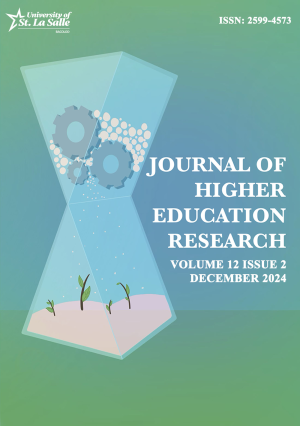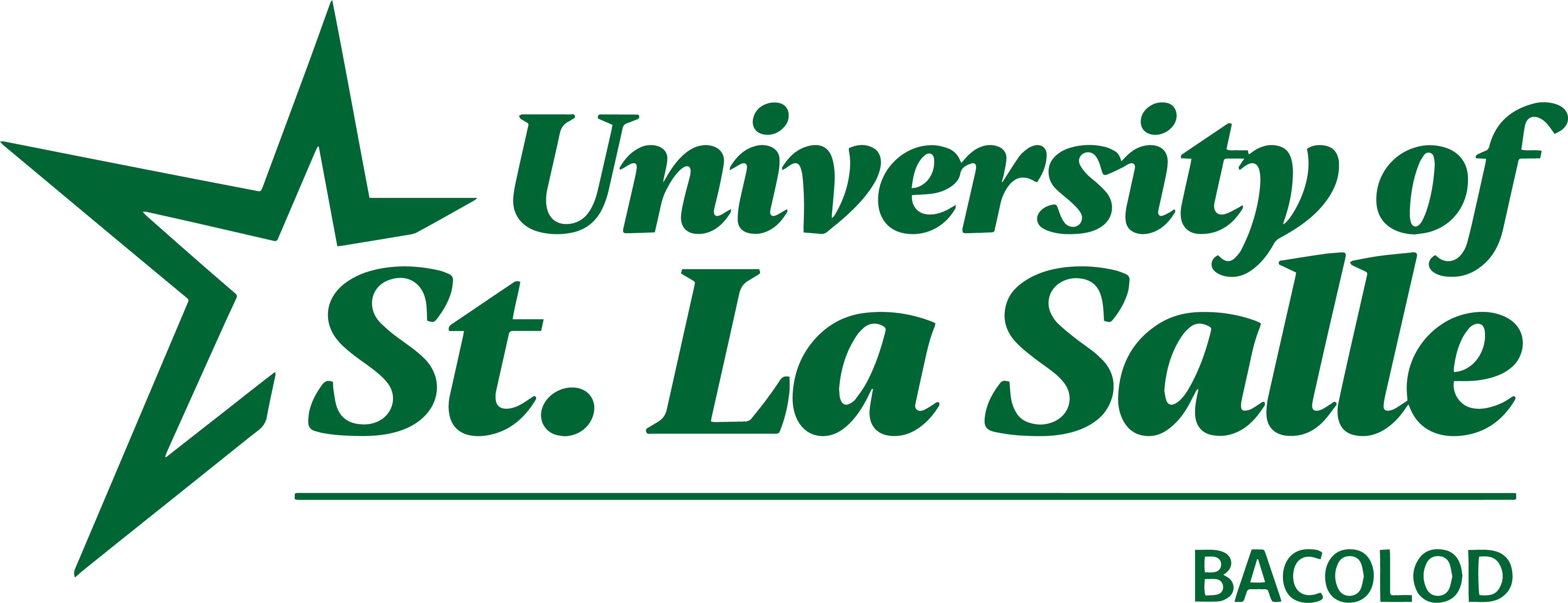The rainbow on spotlight: An assessment of gender-responsive basic education policy implementation and practices in senior high schools
https://doi.org/10.70228/PFREE2024002JHER
Cite this article Read this article
ABSTRACT
This study evaluated the extent of Gender-Responsive Basic Education (GRBE) policy implementation and practices among senior high schools highlighting the LGBTQ+ community. A survey questionnaire was administered to school heads and GAD (Gender and Development) focal persons, supplemented by LGBTQ+ interviews. Results showed that the policy was enforced largely in learners' development, curriculum standards, learning delivery, learning environment, school health, educational facilities, learning resources, and assessment. Generally, its implementation level was not affected by participants' age, gender, educational attainment, school size, or years of implementation except in a few GRBE policy areas. Some of the school's remarkable practices were establishing a positive school climate through a gender-responsive curriculum, delivery, health services, advocacy, school policy, training, learning materials, and the GAD Center. Nevertheless, based on the LGBTQ+ learners' perspective, allowing them to express their gender identity/expression in school, advocating for the celebration of Pride Month, establishing a gender-neutral comfort room, and implementing a gender-inclusive policy were some issues that emerged during the interview. Overall findings suggest that efforts to mainstream gender considerations in education bear fruit. Still, ongoing vigilance and continued investment in GRBE policy and practices are necessary to ensure sustained progress toward inclusive and equitable educational systems.
Keywords: Gender-Responsive Basic Education policy areas, extent of implementation, practices, LGBTQ+ needs

Volume 12 Issue 2, 2024 EDITION
Published 2024
Editor's Note
It is with great honor that we present Volume 12, Issue 2 of the Journal of Higher Education Research, a collection of diverse and thought-provoking studies that reflect the depth and scope of contemporary scholarly works. This issue brings together research that not only advances academic discourse but also offers practical insights and solutions to pressing challenges in education, leadership, community inclusion, and applied science. Olano and Leonor assess the implementation of Mother Tongue-Based Multilingual Education (MTB-MLE) in the Division of Negros Occidental, highlighting both the program’s benefits in comprehension, confidence, and cultural connection, as well as the persistent challenges in resources, training, and assessment methods. Cerbo and Dy shed light on the lived experiences of non-SPED teachers accommodating learners with special needs, highlighting the importance of adaptive strategies, inclusive policies, and institutional support to strengthen mainstreaming practices. In agricultural education, Panganiban and Leonor explore the relationship between school climate and curriculum integration among farm schools in Negros Occidental, demonstrating the value of integrated learning for sustainability and community development. Uyanib and Estrellas investigate the link between Spiritual Quotient and happiness among 21st-century secondary school heads, revealing how spiritual intelligence contributes to leadership performance and well-being. Focusing on gender inclusivity, Gorre and Dumagat evaluate the implementation of Gender-Responsive Basic Education policies in senior high schools, with insights from both administrators and LGBTQ+ learners on progress made and areas for improvement. Largavista and Dumagat analyze the training needs and teaching competencies of MAPEH teachers under the MATATAG curriculum, offering targeted recommendations to address training gaps and enhance educational delivery. Pacheco and Villacorte provide narrative portraits of Negros Occidental’s most outstanding master teachers, capturing their adaptive leadership, instructional competence, and dedication to mentoring. Gaduyon, Francisco, and Ochavo explored career fit experiences among college graduates, emphasizing the importance of aligning academic preparation with professional demands to support successful transitions from school to work. Extending into the life sciences, Seran, de los Santos, Escalante, and Lizada examine the synergistic antibacterial potential of Philippine oregano essential oil with tetracycline against Aeromonas species, contributing to the discourse on alternative strategies to combat antibiotic resistance in aquaculture. We extend our sincere gratitude to the authors for their scholarly contributions, to our peer reviewers for their discerning evaluations, and to the Publication and Engagement Office led by Dr. Lota Largavista for their steadfast support. As you read through this issue, we invite you to engage deeply with the ideas presented, to draw inspiration from the innovations and insights shared, and to carry forward the commitment to research that uplifts communities, advances professional practice, and enriches the collective pursuit of knowledge. Sincerely, JOVAL N. MARTINEZ Editor-in-Chief


